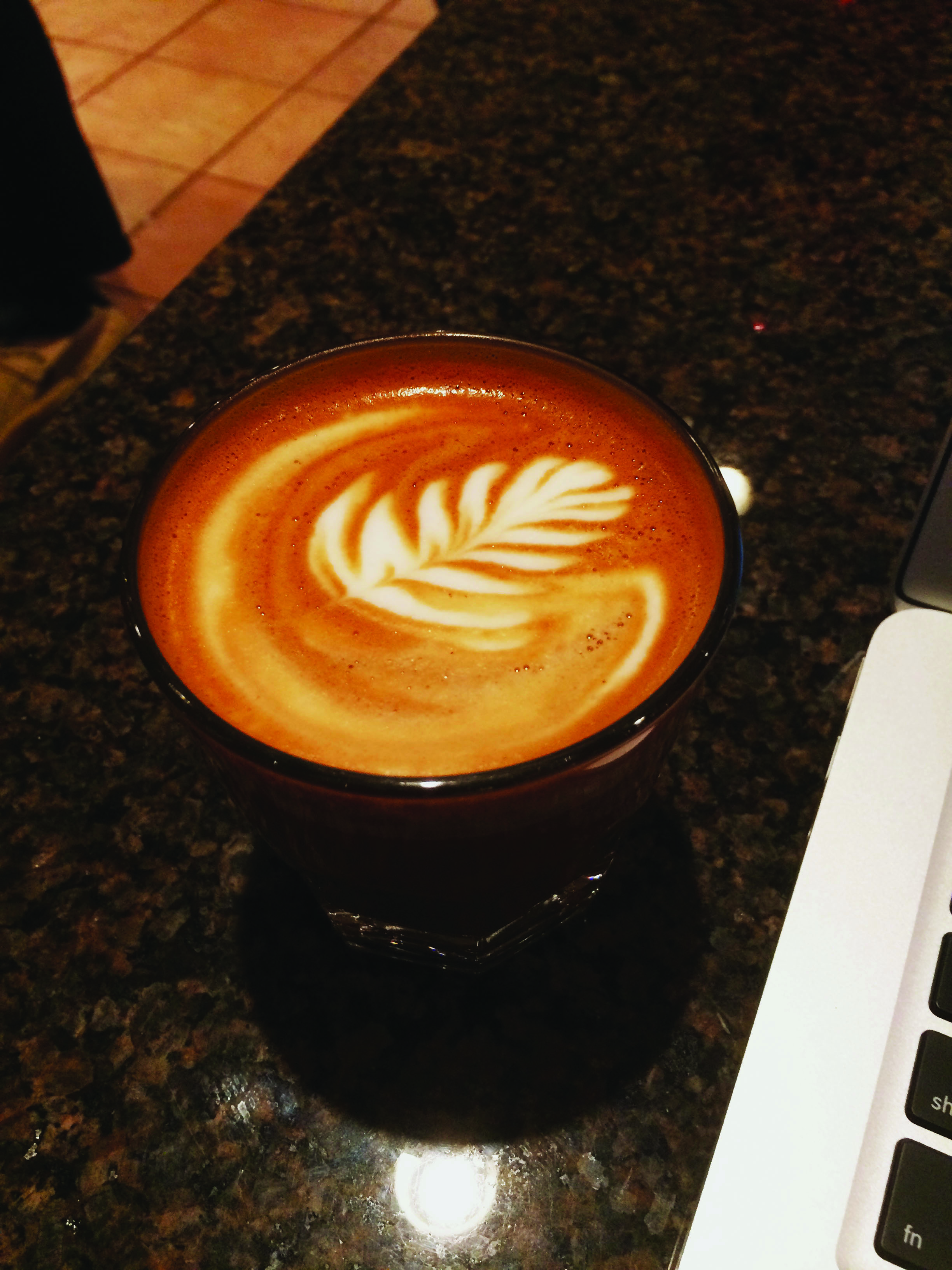That late night coffee could be throwing your circadian clock out of sync. A study led by researchers from the University of Colorado Boulder and Cambridge University shows that caffeine in the evening causes a delay in the human biological clock — rhythms that coordinate a healthy sleep-wake cycle. Scientists have provided empirical evidence for the notion that caffeine and sleep do not mix well.

Circadian rhythms are not trivial. They respond to light and darkness in a 24-hour cycle. They regulate hundreds of vital physiological and biological processes. And according to Yale School of Public Health professor Yong Zhu, disruptions in circadian rhythms can increase the risks of depression and hormone-related cancers.
To determine how caffeine impacts circadian rhythms, subjects in the present study received one of three treatments: a caffeine dose equivalent to a double espresso shot, a placebo pill, or exposure to bright or dim light three hours before bedtime. Caffeine delayed subjects’ circadian clocks by an average of 40 minutes. This was about half the shift induced by bright light, a well-known time cue for our natural circadian rhythms.
The researchers also discovered that caffeine directly affects an intercellular messenger molecule called cyclic AMP, which plays a key role in maintaining circadian rhythms. According to paper author Kenneth Wright, the results of this study suggest that caffeine may delay sleep timing through circadian mechanisms.
Night owls and late risers can learn from the study’s findings: To get out of bed earlier in the morning, skip your evening coffee. Your reset circadian clock will thank you.

